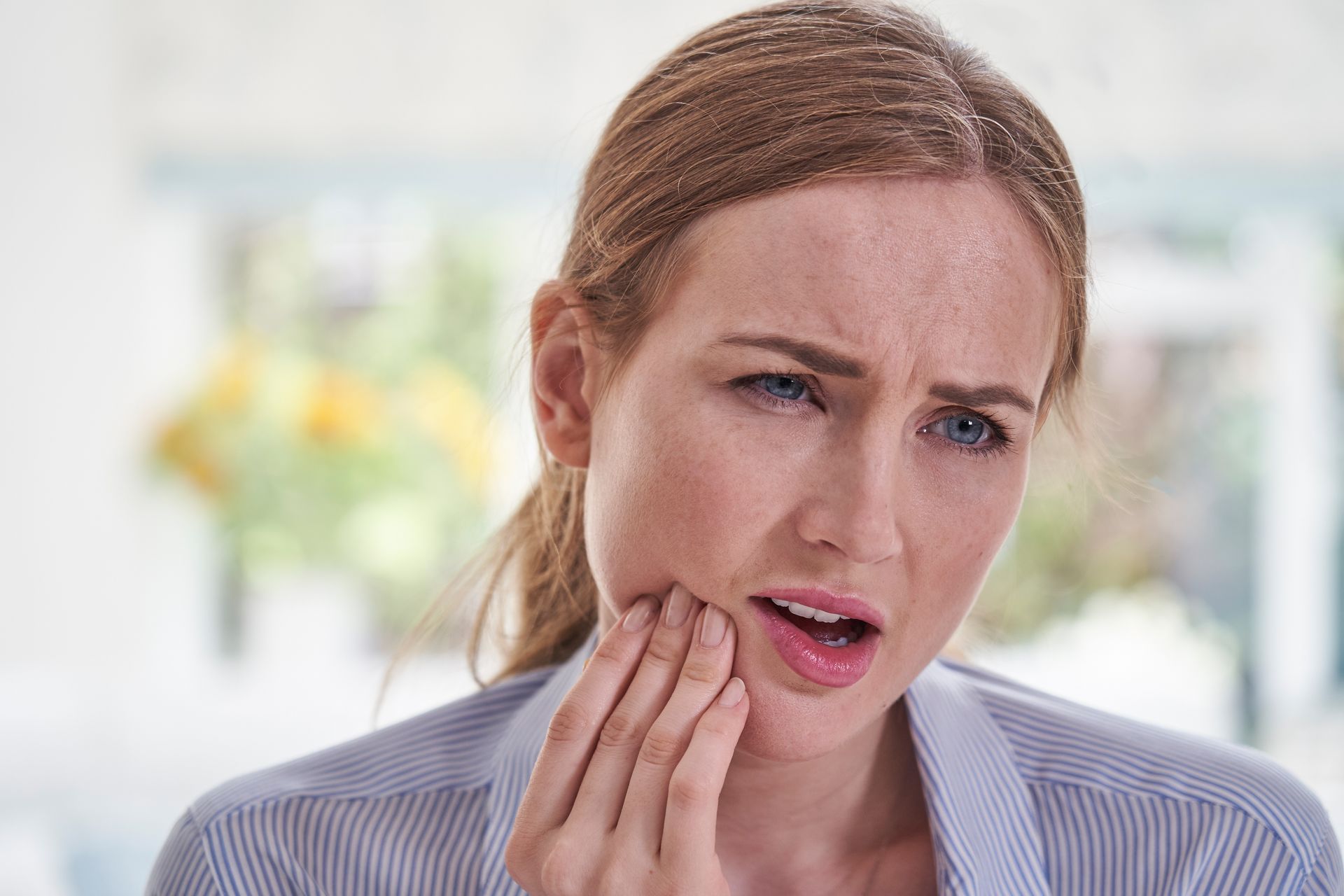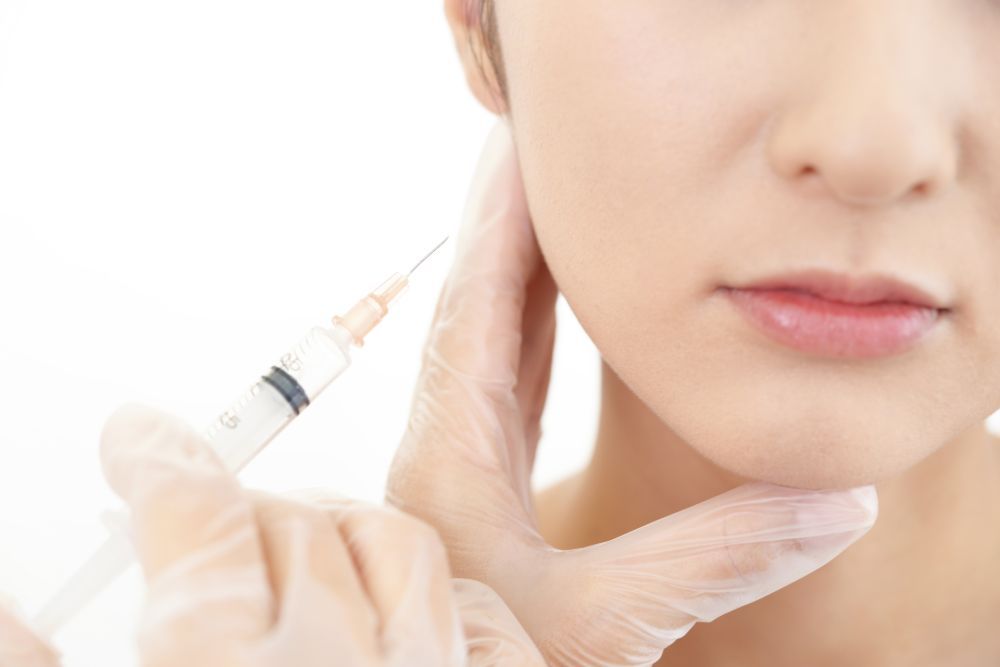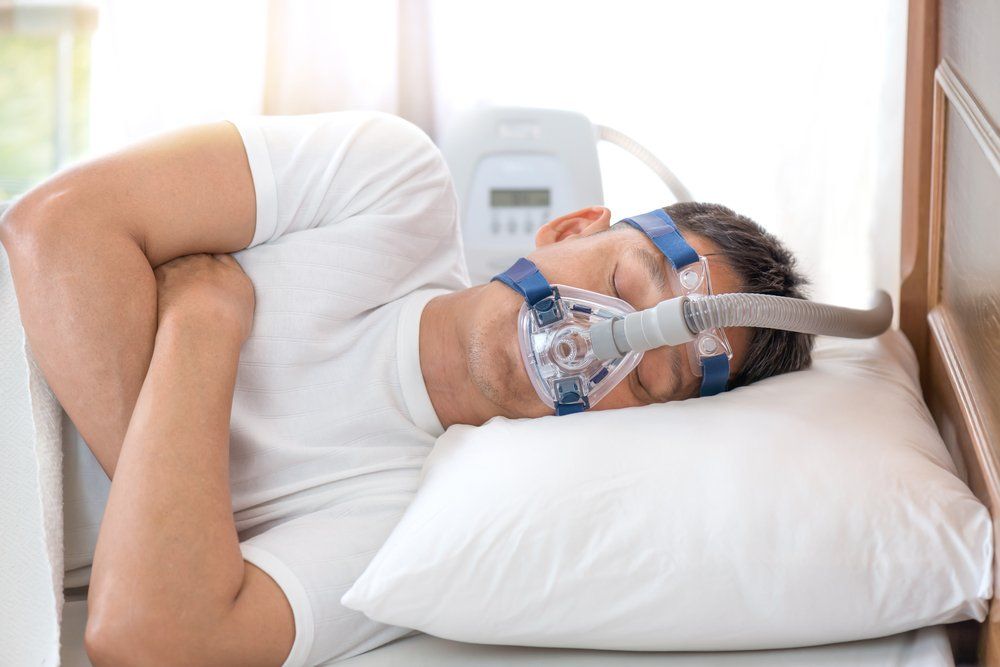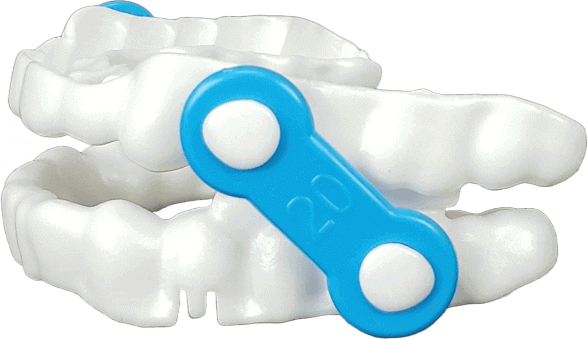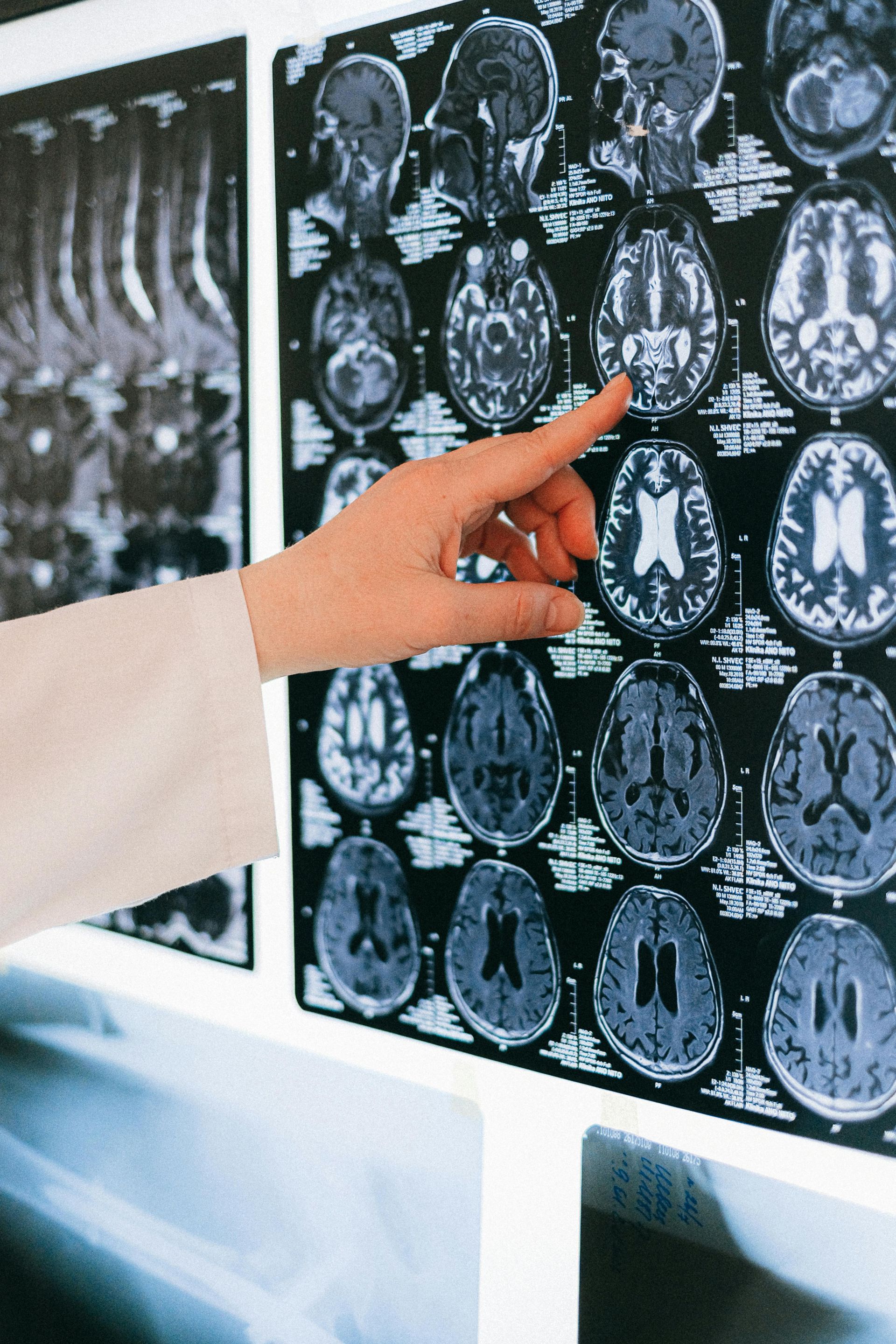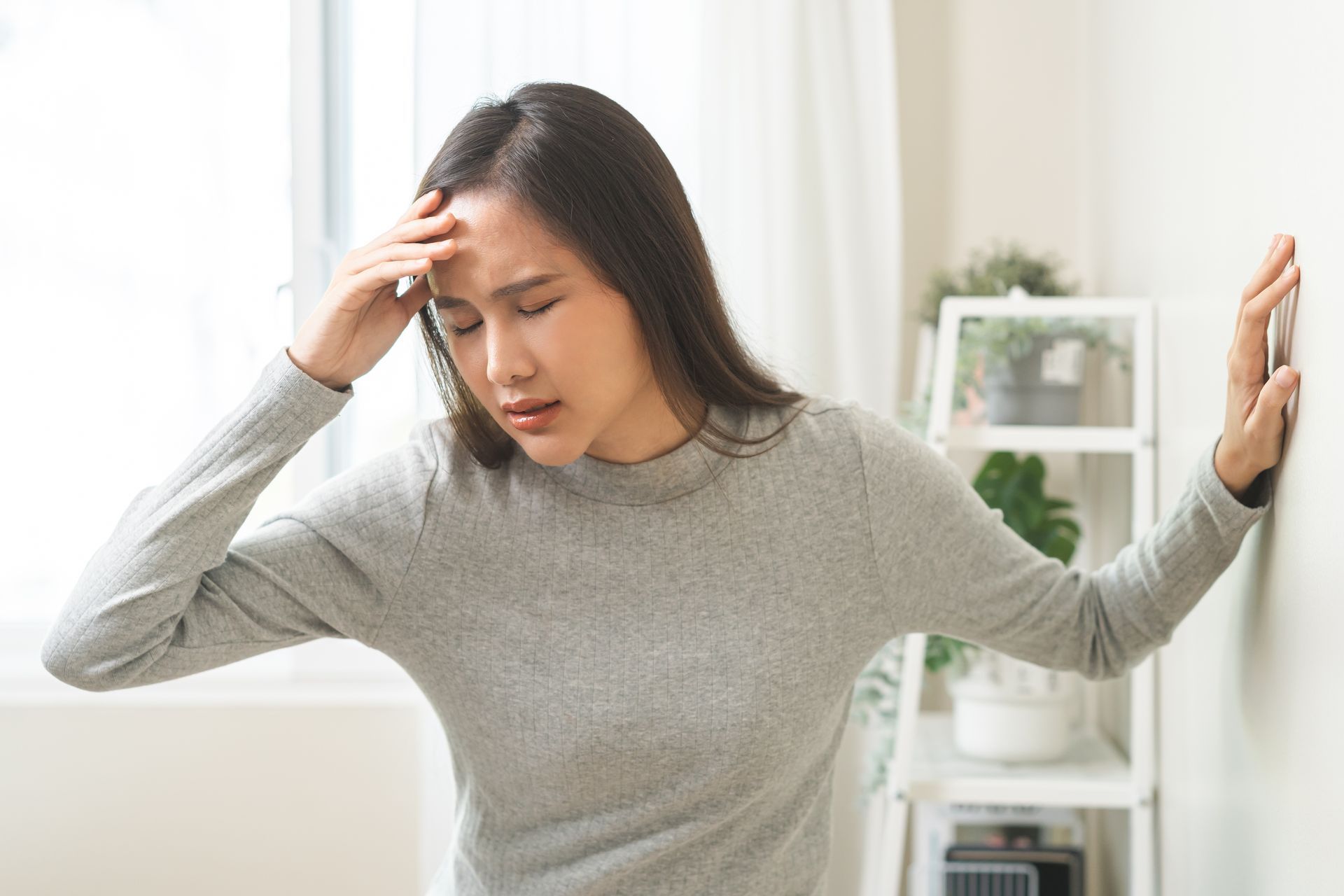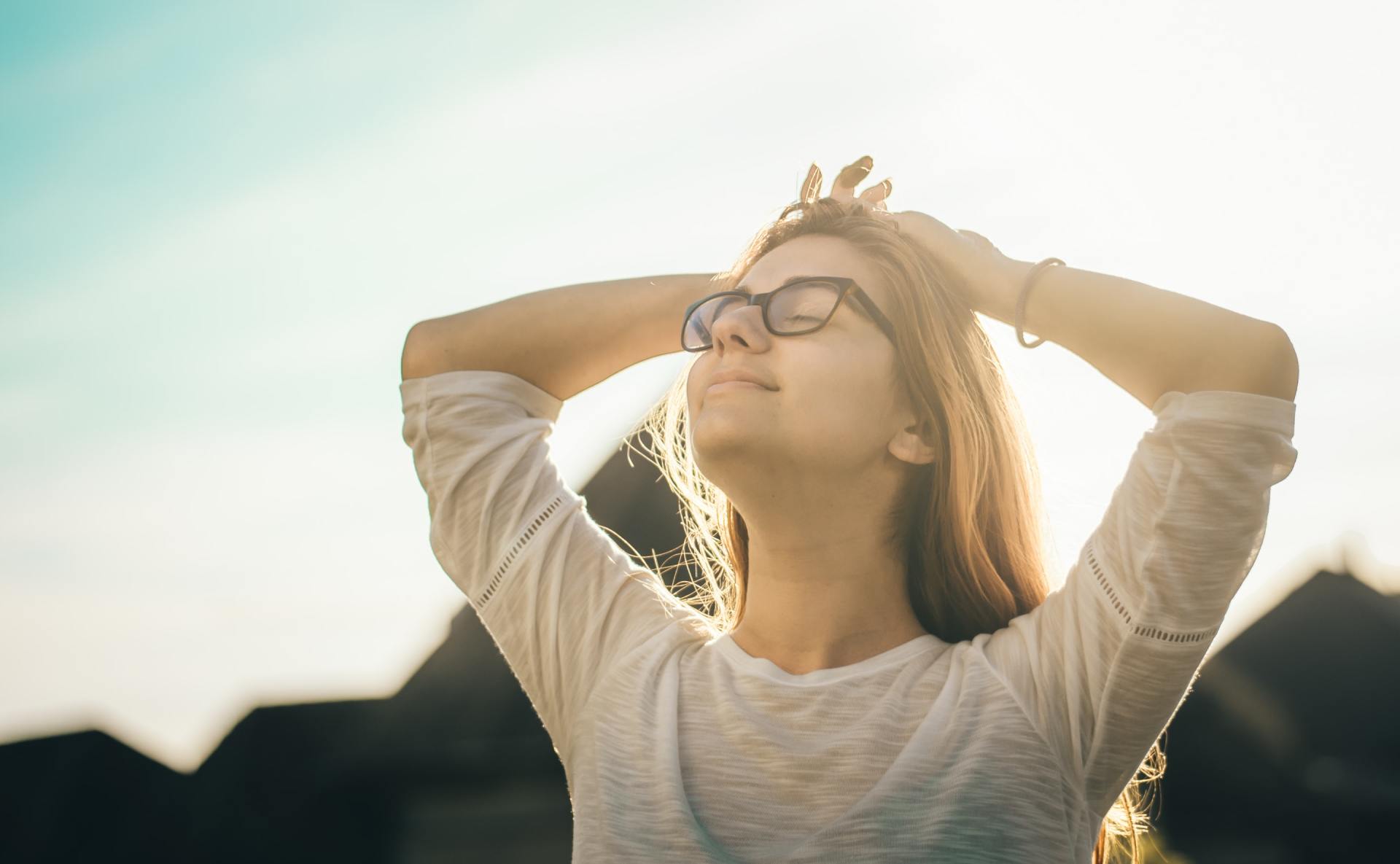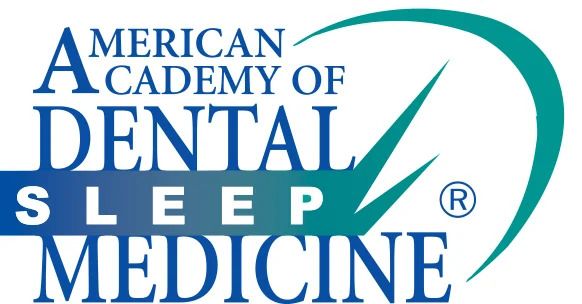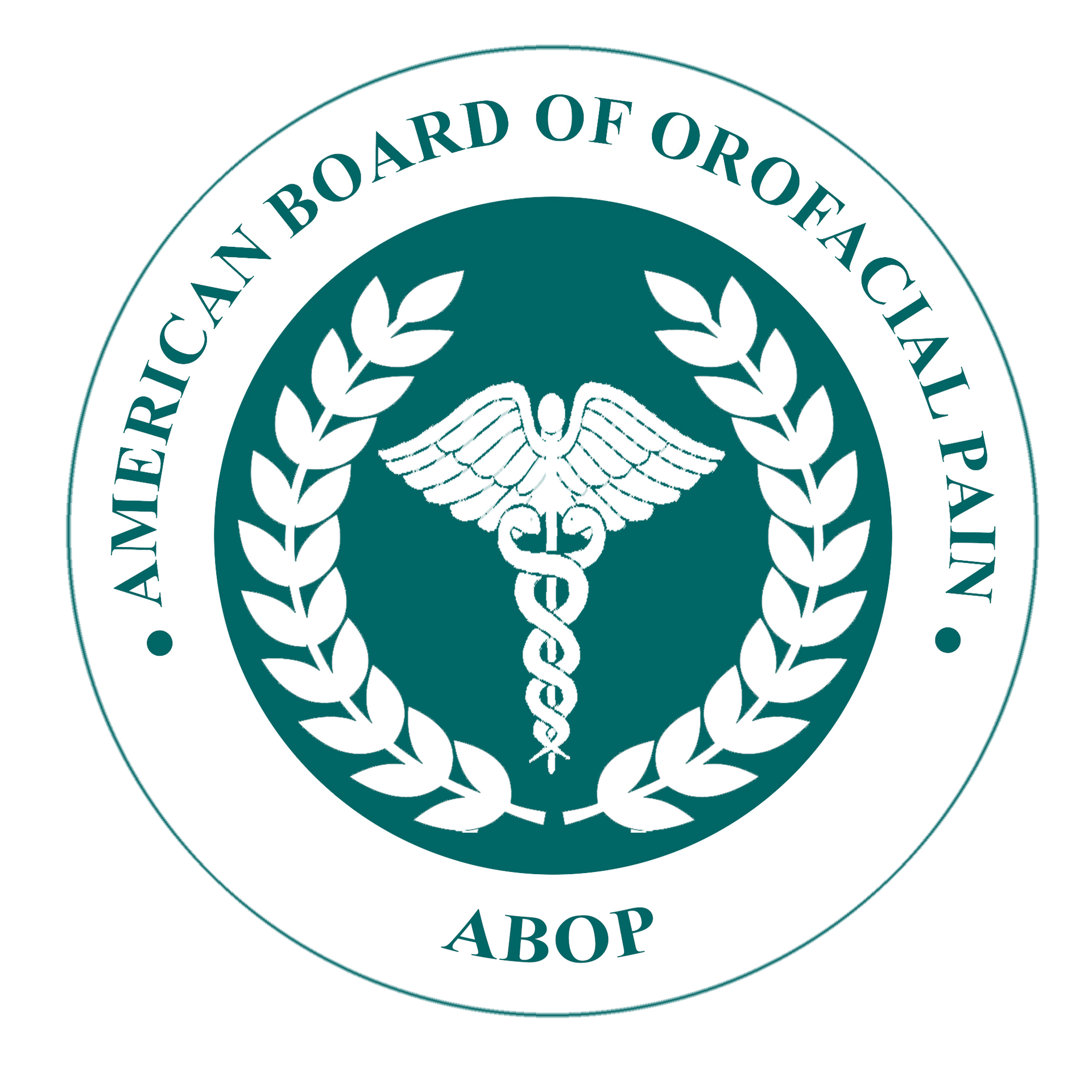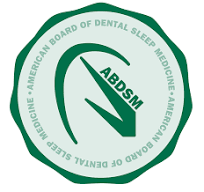Summer and Sleep Apnea: Understanding the Seasonal Connection and How to Cope
Struggling With Sleep Apnea This Summer? What to Know
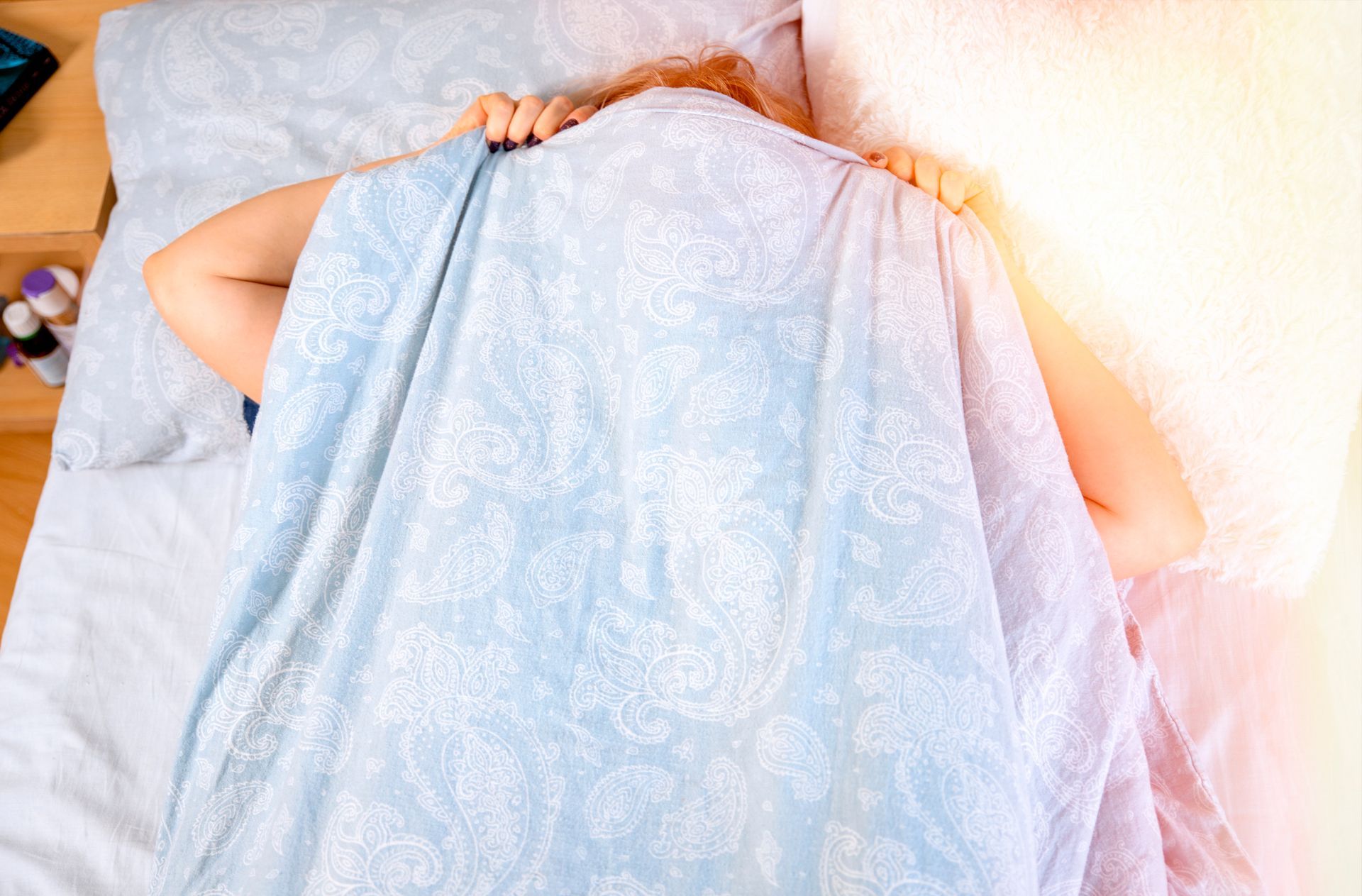
Sleep apnea is a chronic condition that affects millions of people worldwide, disrupting breathing during sleep and leading to a wide array of health issues—ranging from daytime fatigue and poor concentration to elevated risks for heart disease, stroke, and diabetes. While sleep apnea is a year-round condition, many people notice that their symptoms fluctuate with the seasons. In particular, summer can pose unique challenges that may exacerbate sleep apnea or make managing it more difficult.
Dental sleep medicine experts
Dr. Katherine S. Phillips and
Dr. YC Joseph FischerHahm of
Restore TMJ & Sleep Therapy in The Woodlands understand that sleep apnea is a whole-body issue that can directly impact your quality of life. As two of the area’s most trusted experts in dental sleep medicine, Dr. Phillips and Dr. FischerHahm have spent more than 15 years dedicating their practice to providing comprehensive, personalized
sleep apnea treatment for thousands of patients. If you are struggling with sleep apnea symptoms that seem to worsen during the summer months, non-invasive drug-free therapies like custom oral appliance therapy, lifestyle modifications, or even treatment for related TMJ dysfunction can help address the root causes of your symptoms and restore the quality of your sleep no matter the season.
Why Summer Can Worsen Sleep Apnea Symptoms
Several unique factors associated with summer can make sleep apnea symptoms more severe or harder to manage. These include:
Higher temperatures and humidity.
Summer heat and humidity can disrupt sleep quality even in people without sleep disorders. For those with sleep apnea, the added discomfort of warm, sticky air can make it even harder to fall and stay asleep. This is because higher body temperature makes it more difficult to enter and maintain deeper stages of sleep, while humidity can exacerbate nasal congestion, making it harder to breathe freely, particularly for CPAP users, who may struggle with mask seal and airflow comfort.
Increased allergens and air pollution.
While spring often gets the blame for seasonal allergies, summer brings its own set of respiratory irritants, including:
Pollen from grasses and weeds- Mold spores, especially in humid environments
- Smog and increased ground-level ozone from pollution
For individuals with sleep apnea, nasal and airway inflammation from allergies or pollution can worsen airflow restriction, increase apnea events, and make CPAP therapy less comfortable or effective.
Weight fluctuations and lifestyle changes.
Summer is often associated with vacations, cookouts, and changes to diet and exercise routines. For some, this leads to weight gain, which is a significant risk factor for worsening sleep apnea; fat accumulation especially around the neck and upper airway increases airway collapsibility.
Alcohol consumption is also often higher during summer gatherings, which can relax throat muscles and increase the likelihood of apnea events.
Changes in sleep schedule.
Longer daylight hours, vacations, and social events can throw off your internal clock as you stay up later, travel across time zones, or sleep in unfamiliar environments. This disruption to circadian rhythm can impair the consistency and quality of your sleep, contributing to poor sleep hygiene and irregular sleep patterns and compounding sleep apnea symptoms.
Air conditioning and dehydration.
Air conditioning is a summer essential, but it can come with a drawback: dry air from AC units can lead to nasal dryness or irritation, making breathing more difficult and increasing snoring. This, along with summer dehydration, can thicken mucus and contribute to nasal congestion, especially overnight.
5 Signs That Your Sleep Apnea May Be Worse in Summer
You might not immediately realize sleep apnea is being affected by seasonal changes, especially since the symptoms can develop gradually or mimic general fatigue from heat and disrupted routines. Factors like increased allergies, travel, and changes in sleep environment can subtly worsen breathing disruptions without clear warning signs.
Here are some warning signs that your sleep apnea may be worse in the summer.
- Increased daytime sleepiness, despite adequate sleep hours
- More frequent snoring or choking sounds at night, as reported by a bed partner
- Worsened allergy symptoms or congestion during sleep
- Greater difficulty tolerating your CPAP machine, such as dry mouth or nasal irritation
- Irritability, headaches, or feeling unrefreshed upon waking
If you already have a diagnosis and use CPAP therapy, tracking your nightly AHI (apnea-hypopnea index) from your device may also reveal a summer-related uptick in events.
4 Strategies to Manage Sleep Apnea During the Summer
Managing your sleep apnea effectively isn’t just about getting through the summer—it’s essential for protecting your overall health year-round. Untreated or poorly managed sleep apnea can lead to serious long-term issues like high blood pressure, heart disease, mood disorders, and daytime fatigue. Seasonal challenges, like heat, allergies, and travel, can make symptoms worse and therapy harder to maintain, but addressing them head-on can help you sleep better and feel more in control. By making a few smart adjustments, you can support better breathing, more restful sleep, and improved well-being in every season.
Here are 4 simple ways you can manage your sleep apnea symptoms during the summer:
1. Optimize your sleep environment.
A cool, comfortable bedroom is critical for maintaining restful sleep—especially during hot summer nights. High temperatures and humidity can disrupt your body’s ability to regulate temperature, making it harder to fall asleep and worsening sleep apnea symptoms.
To create a better sleep setting, set your thermostat between 60–67°F, use fans or breathable bedding to stay cool, and run a humidifier to offset the drying effects of air conditioning. Adding an air purifier can also reduce allergens that aggravate congestion, which can be particularly helpful for CPAP users.
If you're traveling, be sure to bring your CPAP, cleaning supplies, and extra accessories to keep your device running safely and effectively in different climates as well as any necessary adapters. You may also consider investing in a portable CPAP or backup battery for travel.
2. Try to stay on a consistent sleep schedule.
Seasonal events, longer daylight hours, and travel can all throw off your sleep routine. But maintaining consistent bedtimes and wake times is key to keeping your circadian rhythm stable and making your sleep apnea therapy more effective.
Try to follow the same sleep schedule, even on weekends or vacations. Avoid bright screens and late sunlight exposure at night and, if you’re traveling, try to adjust to the local time zone as soon as possible.
3. Manage allergies and congestion.
Summer allergens like pollen and mold can cause inflammation in your airways, making it harder to breathe and worsening sleep apnea. Left unmanaged, this congestion can interfere with airflow and reduce the effectiveness of your CPAP therapy.
Use a saline nasal spray or irrigation system before bed to keep nasal passages clear. Talk to your doctor about non-drowsy antihistamines or nasal steroids, and check that your CPAP mask fits properly to avoid leaks. A heated humidifier or nasal pillow mask can also increase comfort during allergy season.
4. Watch what–and how much–you eat and drink.
What you eat and drink—especially in the summer—can directly impact the quality of your sleep and the severity of your sleep apnea. Alcohol relaxes the muscles in your throat, heavy meals strain digestion, and dehydration thickens mucus, all of which can disrupt breathing at night.
Limit alcohol, caffeine, and heavy meals in the hours before bed. Stay well-hydrated throughout the day but taper fluids in the evening to minimize overnight awakenings. A balanced diet and regular physical activity also support healthy weight and better airway function.
Survive Summer Sleep Apnea Symptoms with Restore TMJ & Sleep Therapy
Summer can be especially difficult for those living with sleep apnea. From nasal congestion triggered by seasonal allergies to disrupted routines and poor CPAP tolerance during travel, warm-weather months can make it even harder to get the restful sleep your body needs. At Restore TMJ & Sleep Therapy, Dr. Katherine Phillips and Dr. Joseph Fischerhahm take a whole-health approach to diagnosing and treating sleep-disordered breathing. As experts in both TMJ disorders and dental sleep medicine, they understand the complex relationship between jaw alignment, airway structure, and restorative sleep, and offer custom, comprehensive, and non-invasive solutions that go beyond symptom management to address the underlying causes of poor sleep.
For patients with mild to moderate obstructive sleep apnea—or for those who can’t tolerate or travel with a CPAP—Restore TMJ & Sleep Therapy offers
FDA-approved oral appliance therapy as an effective alternative. These custom-fit devices reposition the lower jaw and tongue to keep the airway open, helping patients breathe easier without bulky equipment. Each appliance is carefully selected and adjusted based on your specific anatomy, lifestyle, and severity of sleep apnea.
In addition to treatment, the team may recommend or coordinate
home sleep testing or in-lab sleep studies to better understand your sleep patterns and ensure you’re receiving the right care.
Whether your symptoms are flaring up during the summer or you’re just beginning your journey toward better sleep, Restore TMJ & Sleep Therapy delivers compassionate, personalized care that helps you sleep soundly all year long.
-2700x842-1920w.png)





